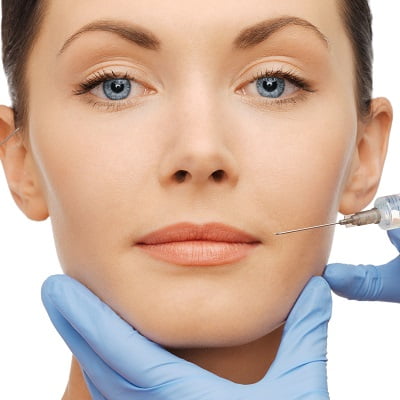
One joint cosmetic surgery to improve face features and minimize aging effects is filler injection. Although the operation is short and straightforward, post-treatment care is critical to guarantee the best outcomes and prevent problems. Moreover, dietary restrictions are a crucial component of post-filler treatment. Furthermore, some meals may influence how your fillers turn out and your healing process proceeds. What Food Not to Eat After Fillers? Let’s examine the specifics.
Why Avoid Some Foods?
Above all, one must grasp why certain meals are off-limits after filler procedures. Furthermore, hyaluronic acid or other dermal fillers are injected into the skin to provide volume and flatten wrinkles. Moreover, certain foods can worsen side effects and slow the mending process because they are tender and quickly swell, bruise, and inflame.
What Food Not to Eat After Fillers?
The following points will discover What Food Not to Eat After Fillers.
Spicy Foods
Foods high in spices might irritate and inflame the injection sites, aggravating swelling and pain. Capsaicin, the component causing the spiciness, may aggravate bruising and boost blood flow. Avoiding hot sauces and spicy foods for at least a few days after your filler treatment will help guarantee a seamless recovery.
Salty Food Ideas
Salt might cause water retention, aggravating puffiness, and edema in the treated regions. Moreover, high sodium consumption might cause your body to retain extra fluids, making it more difficult for the edema to go away. Furthermore, to lower swelling and encourage recovery, steer clear of processed foods, salty snacks, and additional salt in your meals.
Liquid
Alcohol is a blood thinner, so it may cause swelling and bruising after fillers and alter risk. It may also dry your skin, influencing the fillers’ lifetime and general look. Avoiding drinking for at least 24 to 48 hours before and after your filler operation can help to reduce these risks.
Sugar-Based Drinks and Foods
Sugar may aggravate inflammation and interfere with recovery. Additionally, causing glycation—a process that compromises collagen and elastin in the skin—high sugar consumption may Limit your intake of sugary meals and drinks if you want optimum healing and keep the advantages of your fillers.
Caffeine
Caffeine may dry your skin and physique, changing how your fillers seem. It may also raise blood pressure and perhaps aggravate bruising. However, a little bit of caffeine might be OK. Though, in the days after your treatment, you should reduce your consumption of coffee, tea, and other caffeinated drinks.
Transitioning to a Post-Filler-Friendly Diet
Having discussed the items to avoid, let’s now discuss what you should consume to help with recuperation and maximize the effects of your fillers.
Hydrating Foods
Following fillers requires staying hydrated. Foods high in water, such as cucumbers, melons, and oranges, help moisturize your skin and ease swelling. Drinking plenty of water all day can also help your body recuperate.
Foods with Anti-inflammatory Properties
Foods with antioxidants and anti-inflammatory agents may help ease swelling and advance recovery. Consider including berries, leafy greens, almonds, and fatty seafood like salmon in your diet. These meals enhance general skin condition and aid in reducing inflammation.
Foods High in Protesters
Protein is essential for tissue rebuilding and regeneration. Lean meats, eggs, beans, and legumes are excellent sources of protein that help with healing. A diet that provides adequate protein can help your skin heal more quickly and preserve the results from your fillers.
Tips for a Smooth Recovery
Apart from avoiding such meals, there are a few more pointers to keep in mind for a flawless recovery after fillers:
- Always follow your healthcare practitioner’s advice about aftercare. They can provide tailored counsel based on their understanding of your particular circumstances.
- Try not to touch or massage the treatment areas, as this can cause the filler to migrate and compromise the outcomes.
- A cold compress may help lower first-day 24-hour swelling and pain after therapy.
- Avoid laying down or bending over for a few hours after your treatment to help the filler not migrate.
Final Verdict:
In essence, a good recovery and the best outcomes depend on understanding which meals to avoid after fillings. Steering clear of spicy, salty, sugary, and caffeinated meals and beverages and maintaining a diet rich in hydrating, anti-inflammatory, and protein-rich foods can help your fillers be more effective and allow you to experience advantages for a longer period. Recall that the optimal result from your filler treatment depends on appropriate aftercare.
Book your appointment with Royal Cosmetic Surgery-PK and get consultation and advice from specialists for the long-lasting effect of dermal fillers. Moreover, you will also get after-care instructions following filler treatment.






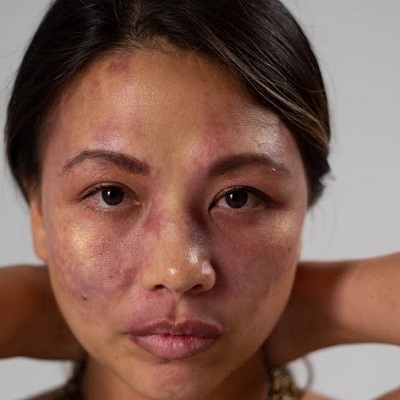
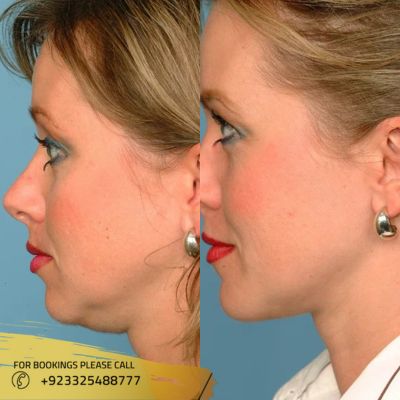
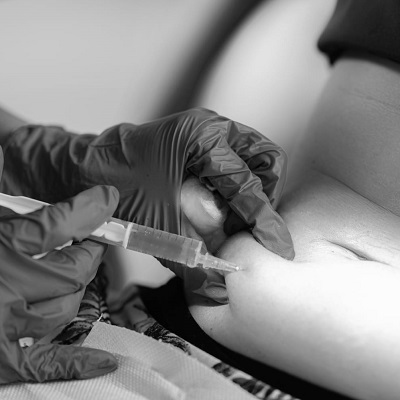
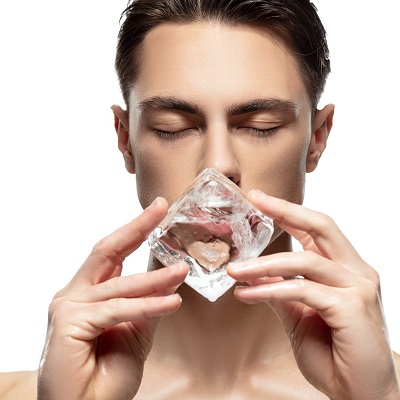

Book Appointment